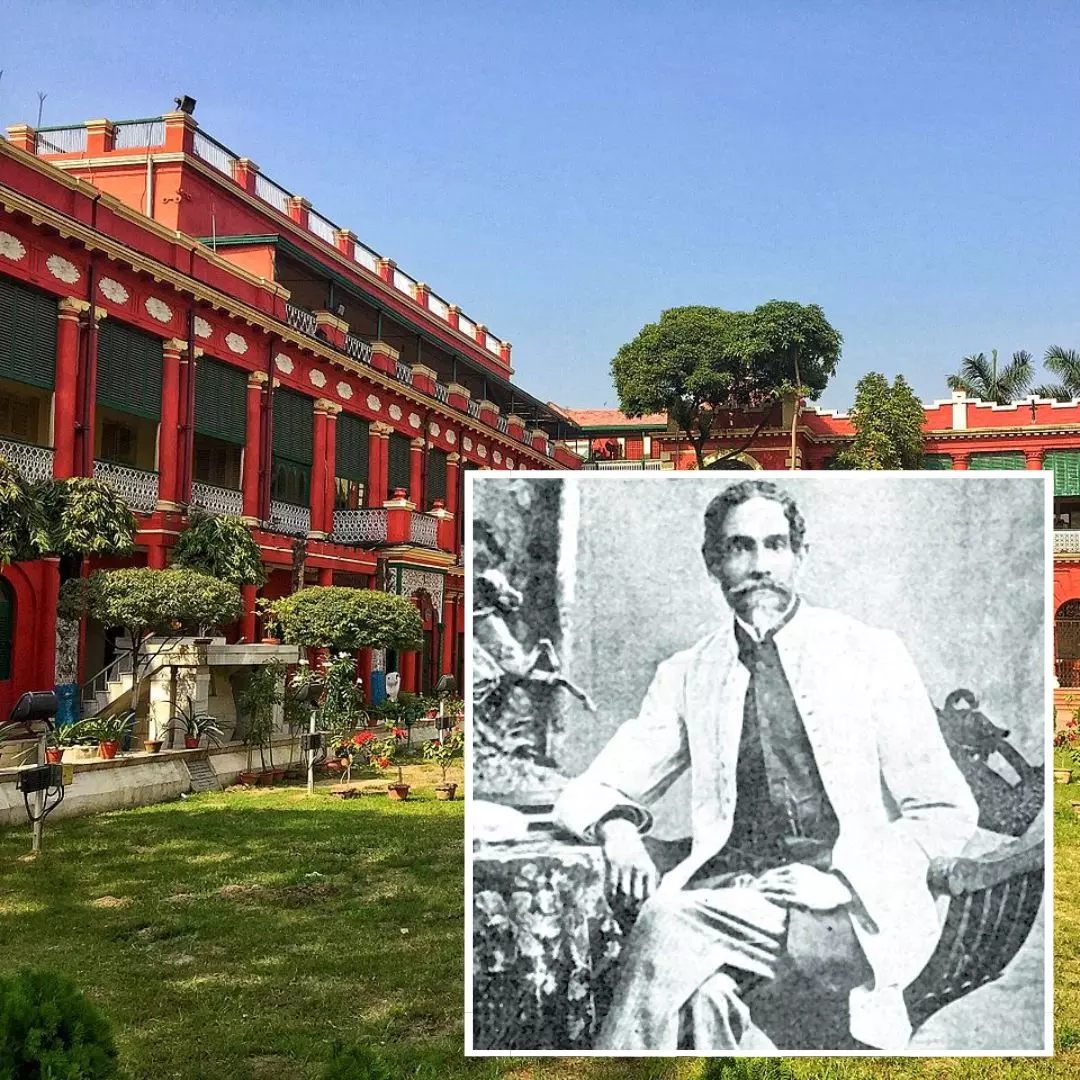
Image Credit: Twitter/ Amit Singh, Wikimedia
Satyendranath Tagore: India's First Civil Servant Who Took Revolutionary Steps For Women's Freedom & Rights
Writer: Ronit Kumar Singh
A confident and reliable journalist who always desires to toss the unheard voices. I cover politics and governance extensively through stories.
India, 9 Jan 2023 9:23 AM GMT
Editor : Shiva Chaudhary |
A post-graduate in Journalism and Mass Communication with relevant skills, specialising in content editing & writing. I believe in the precise dissemination of information based on facts to the public.
Creatives : Ronit Kumar Singh
A confident and reliable journalist who always desires to toss the unheard voices. I cover politics and governance extensively through stories.
Satyendranath Tagore, who hailed from the Tagore family, was the first Indian to join the civil services. Being a poet, writer, and social reformer, he took revolutionary steps for women’s freedom and fundamental rights.
The first person to join the civil services in India, Satyendranath Tagore, was a poet, writer, composer, and social reformer. He hailed from the famous Kolkata Tagore family and worked in several social sectors of the country as a civil servant and a linguist.
While serving as an Indian Administrative Services (IAS) officer, he settled in different parts of the country and learned various languages, cultures, and practices. It pushed his writing and thinking skills, making him a unique writer and poet.
Satyendranath's Early Life
Satyendranath was born to Debendranath Tagore and Sarada Devi and completed his early education at home. He was an elder brother of Nobel Laureate Rabindranath Tagore, who had immense influential power during the Renaissance age in Bengal.
He spent his childhood at home learning Sanskrit and English. During the 1850s, he also became the first person to appear for the entrance exam of Calcutta University. After graduation, he moved to London to compete with the British to make a position in the Indian Civil Services.
He completed his probationary training and returned in 1864 to his home country as the first Indian civil servant. In his service, he was assigned to the Bombay Presidency and Ahmedabad. Satyendranath's career came to an end after he served as the judge of the Satara district.
Brahmo Samaj & Social Reforms
According to Wikipedia, Satyendranath became a member of the Brahmo Samaj, which began as a monotheistic reformist movement of the Hindu religion. It is considered one of the country's most influential movements that contributed mainly towards the making of modern India.
In his decade-long career as a civil servant and a judge, he also brought several social reforms that inspired millions of people. He brought revolutionary changes for women's freedom in India and fundamental rights. Swarnakumari Devi, his sister, has depicted many of his reform works in her writings.
To bring the issue of women's rights and freedom to the forefront, he encouraged his wife to live like the wives of British officers. He inspired his wife to give up wearing the veil at home, which brought a significant change in his community. As a reformist and modern thinker, he took small steps to create more enormous impacts.
 All section
All section














